Inflammation is an indicator that the body’s defence system is functioning. Think: you get a fever when you have an infection or you turn red when exposed to allergens. These happen when your white blood cells fight off infection-causing factors. These are called acute inflammation and lasts only for a couple of hours or days.

Power up your immune system.
However, in some cases, the body fails to completely ‘turn off’ this defence system when the source of the infection is not treated properly. Other factors may also include being constantly exposed to external irritants like pollution and harsh chemicals or having an undetected autoimmune disease.
This may lead to chronic inflammation, which causes your defence system to view regular cells and tissues similar to bacteria and viruses, damaging your organs in the process. If left unchecked, this can lead to more serious illnesses. But aside from checking in with your doctor — the first thing you should do, of course! — you can also help deal with inflammation through food. Did you know that there are certain types of food that can trigger inflammation? The good news is there are also those that can help combat it from the inside. Ahead, 12 anti-inflammatory foods you can add to your diet.
Anti-inflammatory foods
1. Berries
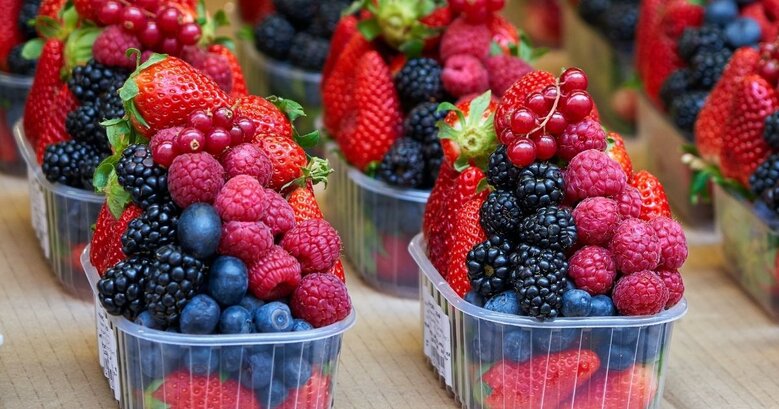
You'll love this berry-licious diet.
Strawberries, blueberries, and blackcurrants are usually classified through their rich colours which come from polyphenols called anthocyanins. Anthocyanins are rich in antioxidants and are effective in cellular repair for oxidative damage and inflammation. Apart from this, berries are also rich in other vitamins and nutrients like ascorbic acid, flavonoids, and more that help reduces chances of other long-term health risks.
2. Cruciferous vegetables

It's time to go green.
Cabbages, broccoli, cauliflower, Brussels sprouts, kale, and bok choy are some of the members of this vegetable family. They are all rich in vitamins and minerals, fibre, and phytochemicals that are said to lessen cancer and cardiovascular disease risk due to their anti-inflammatory properties.
3. Avocado
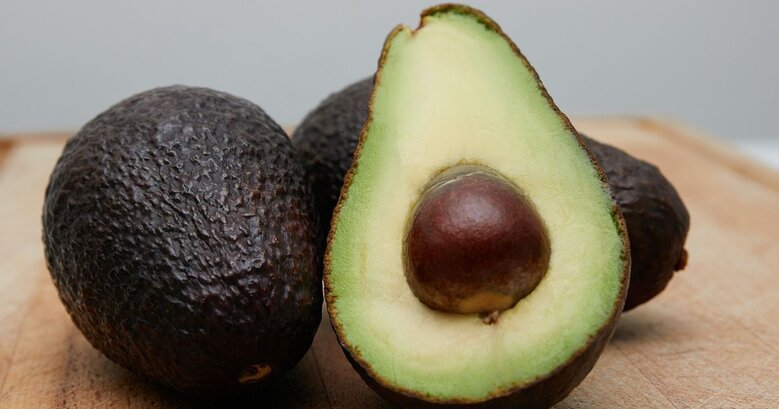
Rich in heart-healthy fats.
Avocados are more than just a foodie trend. They’re packed with potassium, fibre, and magnesium that help combat signs of oxidative stress and obesity. Their anti-inflammatory effects also help form and repair new skin cells that may have been damaged due to a number of factors.
4. Fatty fish
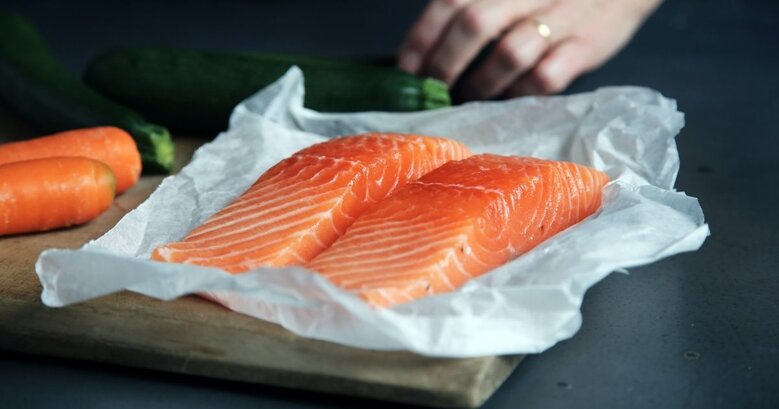
Savour this seafood diet.
Fats are usually the enemy of inflammation since too much oil and bad cholesterol can worsen it. However, fatty fish like salmon, sardines, mackerel, and anchovies are actually found to be great inflammation combatants due to their high levels of omega-3 (a.k.a. a kind of good fat). The metabolism easily breaks down these compounds to become protectins and resolvins that introduce anti-inflammatory effects to the body.
5. Turmeric
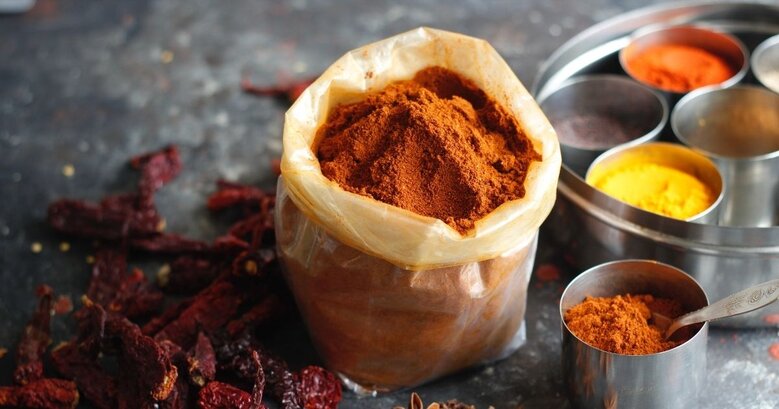
Often used to treat health conditions with pain and inflammation.
Turmeric is a spice that’s rich in polyphenol curcumin which is widely known for its anti-inflammatory properties. It also helps manage oxidative damage, which lessens the risk of other metabolic syndromes and muscle-related diseases.
6. Mushrooms
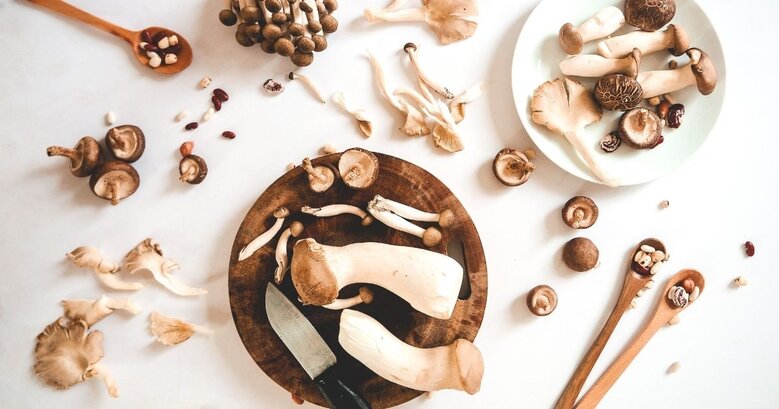
These can aid your gut health too.
Edible mushrooms like shiitake, portobello, and truffles are low in calories and are rich in phenols and other antioxidants. This makes them excellent in being anti-inflammatory and anti-tumour andhelp lower the risk of cancer-causing inflammation.
7. Dark chocolate
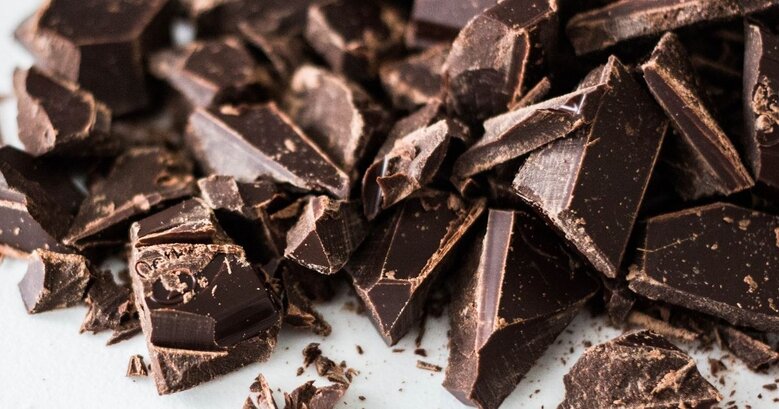
Satisfy your sweet tooth.
If you can’t trade your desserts, you might want to switch to dark chocolate instead. Dark chocolate and its higher level of cocoa compared to other chocolates have been found effective in reducing cardiovascular risks due to inflammation. It also helps manage your leukocytes, which helps prevent chronic inflammation from developing.
8. Chilli peppers
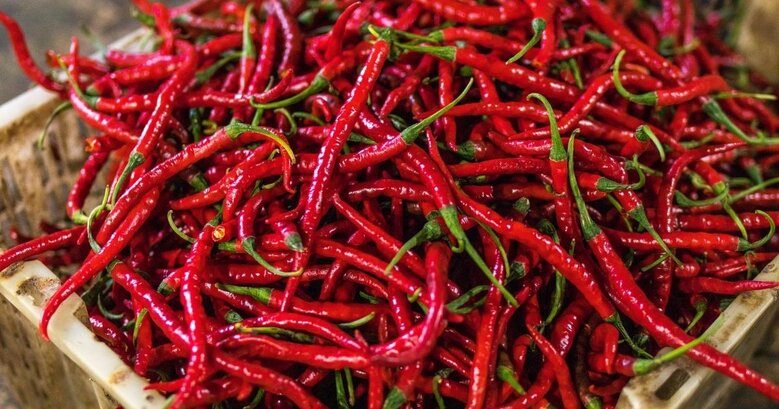
Add this to your next dish.
Love spicy food? Well, good news! They’re effective for anti-inflammation too thanks to antioxidants and flavonoids. It also has high levels of ferulic acid that are effective in increasing the body’s defence against infections.
9. Tomatoes
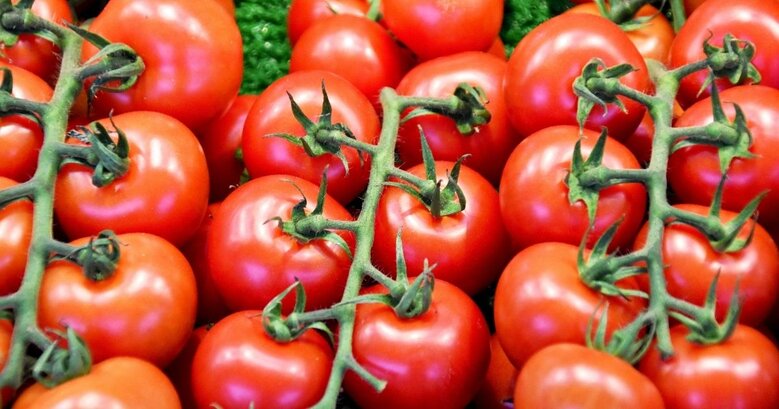
A must-have for your salad.
Tomato is a superfood that has high levels of vitamin C and potassium, both of which are great immunity boosters. Its other component, lycopene, is also filled with anti-inflammatory compounds. Studies suggest that cooking tomatoes in extra virgin olive oil help make it easier for the body to absorb more lycopene.
10. Extra virgin olive oil
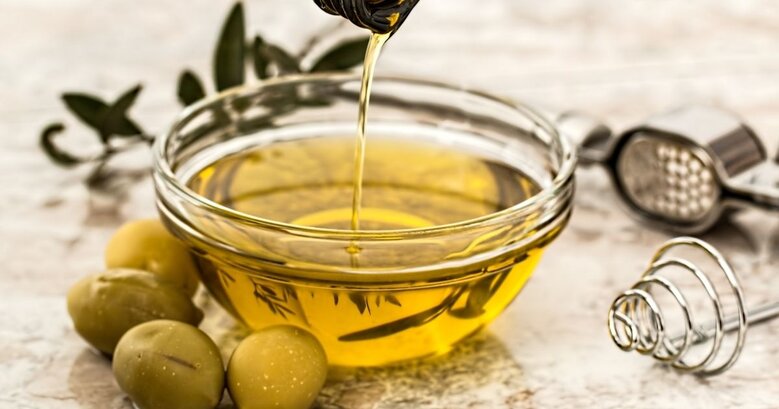
You can use up to two tablespoons per day.
Speaking of this cooking ingredient, extra virgin olive oil is also great for anti-inflammation. It contains oleocanthal, which has similar effects as over-the-counter ibuprofen. It’s also been cited as capable of lowering many inflammation-related risks that can lead to tumours and cancer.
11. Nuts and seeds

Good for snacks and fighting inflammation too.
Munching on nuts such as walnuts and almonds helps regulate inflammation. Seeds such as pumpkin seeds and sunflower seeds also help lower the risk of heart disease. Nuts and seeds also contain vitamin E to protect cells from free radical damage (which can damage your cells).
12. Beans

Tiny but rich in nutrients and fibre.
On the lookout for an inexpensive addition to your anti-inflammatory diet? Add beans such as chickpeas, black beans, red kidney beans, and lentils. These can help improve your blood cholesterol (which is the leading cause of heart disease) and obesity.
This article was first published on 4 February 2022. Last updated: 6 October 2023.
Comments, questions or feedback? Email us at [email protected].




.png)


